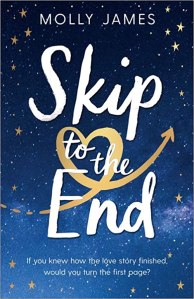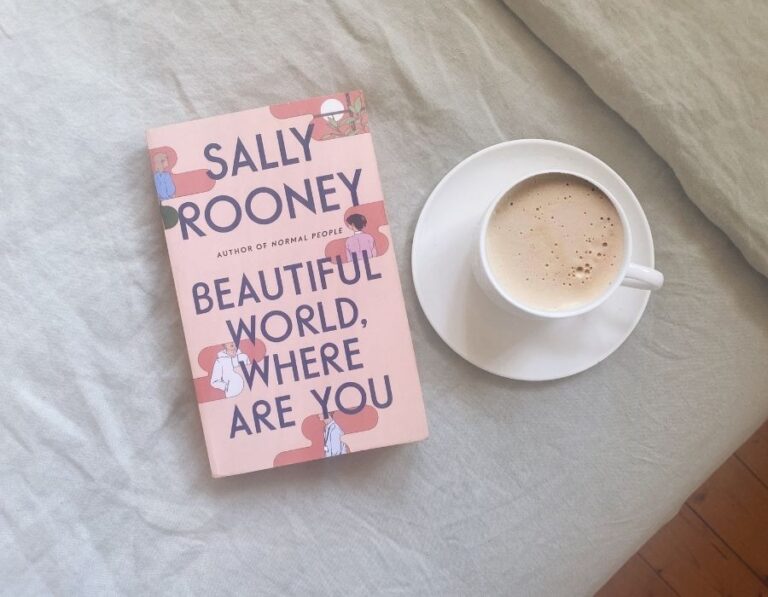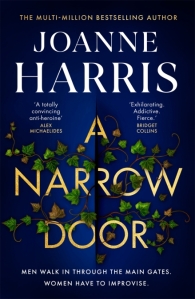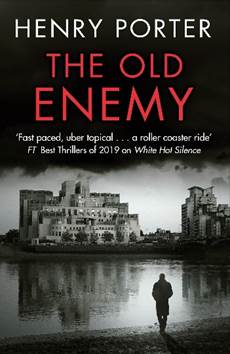I am fast discovering that if you pick up a Ronan Hession book you can expect lyrically written prose, almost poetical, with a fresh insight into what makes humans beautiful. There are quiet observations about everyday stresses, about the big worries and about not letting all of these become too noisy and therefore drown out the world.
Recommended.
A book about someone who recognises a last lost chance when he sees it and grabs onto it with all his might. Panenka is a story about the everyday, about family, friendship and learning to be comfortable in one’s own skin.
Panenka has spent 25 years living with the disastrous mistakes of his past, which have made him an exile in his home town and cost him his dearest relationships.
Now aged 50, Panenka begins to rebuild an improvised family life with his estranged daughter and her seven year old son. But at night, Panenka suffers crippling headaches that he calls his Iron Mask. Faced with losing everything, he meets Esther, a woman who has come to live in the town to escape her own disappointments. Together, they find resonance in each other’s experiences and learn new ways to let love into their broken lives.
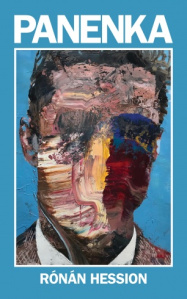
“His name was Joseph, but for years they had called him Panenka, a name that was his sadness and his story.”
When you love a previous book by an author, a new one is always going to have a lot to live up to. Panenka is both very different and yet similar to Leonard and Hungry Paul. The stories are different, one recognises from the outset what is important in life, irrespective of whether others agree. The other looks at life from the other angle, living with and reconciling oneself with the decisions of our past. There is not as much humour in Panenka, though more would detract from the story. There is a sense of loneliness, that is overcome, slowly. There is more reflection on other people, each with their hidden issues, serene like a swan on top of a lake, feet peddling fast to keep up underneath. There is no doubt though that the same hand penned both stories. The same sense of peace arrives with the final page of Panenka as it did with Leonard and Hungry Paul.
The story should be sad. A man, facing up to the troubles in his past that have led him to where he is today, unsure of his future. Yet the subject is dealt with in such a gentle, sensitive way, with flashes of humour distributed here and there, that the book never feels maudlin. It is perhaps the town that has held onto the troubles that led to Panenka’s decline more than Panenka himself. It is when he throws off the shackles of that mistake that Panenka realises what he has around him is worth far more than the chances he lost over a quarter of a century ago.
As I’ve also come to expect, there are sentences that make you stop and think. That you have to re-read to absorb them. They are reflections on everyday life, ones that pass us by so many times we don’t even acknowledge them but are described in such a way that makes the reader recognise them for the beauty that they are.
Panenka is or was a footballer. Fallen from grace he is still known by the nickname given to him over 25 years ago, a name that now haunts him as well as comforts him. He has settled into his life, not wanting for much. Reunited with his daughter, he is making the most of his new found relationship with her and with his grandson. If only the crippling headaches would abate. When he receives news that will change his life, little does he know that he will meet Esther, and may be his last chance at love.
Source – review copy
Panenka is a book of quiet introspection. Of assessing a life, sometimes well lived, other times not so much, and choosing not to dwell on regrets but to focus on the positives, however small they may be.
Published by Bluemoose Books
Publication date – 20 May 2021


